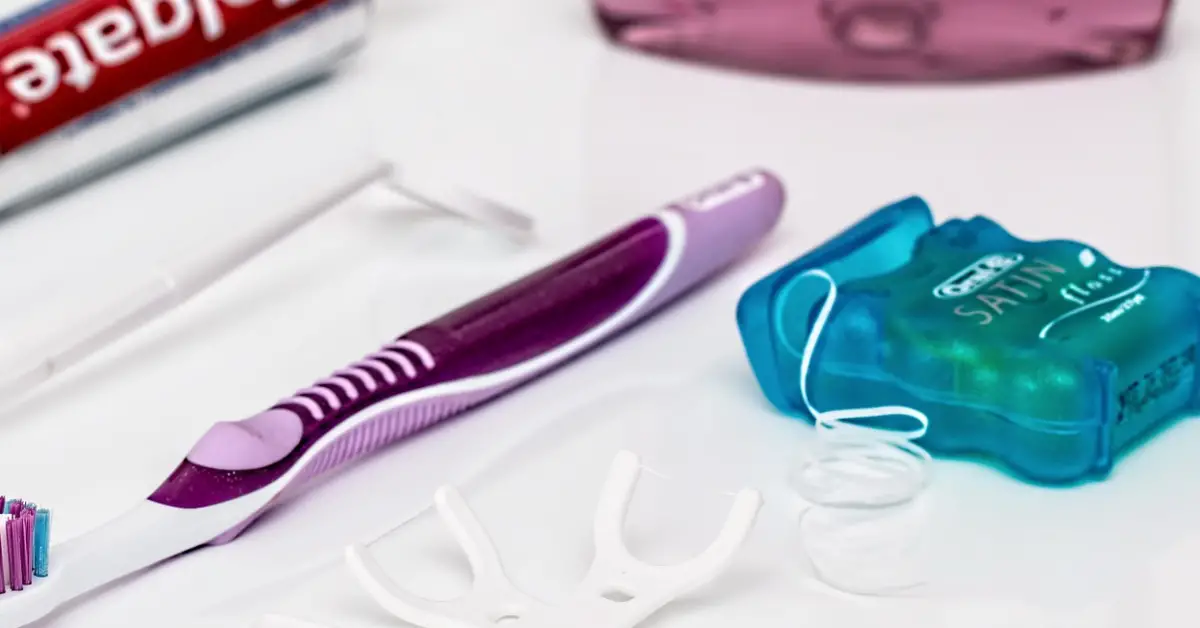Since it first opened its doors in the mid-1980s here in the U.S., Ikea has been going from strength to strength. Cheap but stylish furniture has been the key to their success. In 2020, their total sales in the U.S. alone was an incredible $5.91 Billion – they are clearly doing something right! But what is the environmental cost to bring a bit of Scandinavian influence into our homes? With no affiliation to the brand, we take an unbiased look at the ‘green’ credentials of Ikea – is Ikea sustainable?
Let’s start with the good news…
Flat-pack heaven = reduced packaging
You’ll notice that all Ikea products come with minimal packaging and are flat-packed where possible. Not only does this make it easy for you to transport it home, but it also means that they can transport it with fewer lorries – and cause less carbon emissions in the process. The minimal packaging also ensures that there is less waste to dispose of. Single-use plastic has been phased out, so your items are likely to come in a simple, non-glossy cardboard packaging – ideal for disposal at home. They are recyclable by most curbside collections (this will vary from region-to-region, of course) or easily compostable to produce a nutrient-rich fertilizer.
Eco-friendly Ikea products
As well as doing their bit to act in a planet-friendly way, Ikea also encourage their customers to do so as well. For example, in addition to solar panels in some countries, they have added a water nozzle to their range which can reduce water usage in the home by up to 90%. Ikea are keen to educate their customers, as well as make their operations more environmentally friendly.
Sustainable food offerings in Ikea restaurants

In addition to the household offerings, Ikea also operate restaurants within their stores. The environmental impact of food is vast – from their water footprint to the amount of food miles they need to travel to reach your plate. Meat products are particularly harmful to the environment due to the land needed to rear animals and the methane gas that many animals produce. Ikea are seeking to provide more sustainable food options to their popular Swedish meatballs and traditional meat hotdogs.
Fossil fuel reduction in supply chain
Using fossil fuels less, or eliminating their use entirely, is essential for a greener future. The fossil fuel industry has a significant impact on the environment. They are non-renewable and extracting them from their environment can cause issues ranging from air pollution to soil degradation. Ikea recognize this and are aiming to be reliant fully on renewable sources in the future.
But let’s be frank….
Despite Ikeas best efforts and strides forward, often people see it as a place to buy ‘disposable’ items. That’s not to say that Ikea furniture can’t last for decades if treated well, but they have a reputation of being temporary.
Even if Ikea used fully sustainable materials for every single item, ultimately, the products they sell will need to go somewhere at the end of their usable lives. Many will end up in landfill – where, even the most biodegradable of items can take years to degrade due to suboptimal conditions. And although recycling is great, it still uses up lots of resources that could otherwise be avoided simply by not buying lots of products in the first place. That being said, Ikea are aware of this and are changing the value chain from linear to circular. Items are being produced with repurposing, reusing, reselling and recycling in mind. A massive step in the right direction but communicating this to the customer is key.
The bottom line
Ikea must be commended it its efforts to act in a more sustainable way. They have achieved so much already and have several ambitious goals for the future. However, many customers see their items as ‘disposable’ rather than being long-term household items. This leads to a lot of waste. In terms of minimizing the impact of their supply chain they are doing everything right. But, changing the way that customers view their products will be an essential part of their sustainability efforts moving forward.







